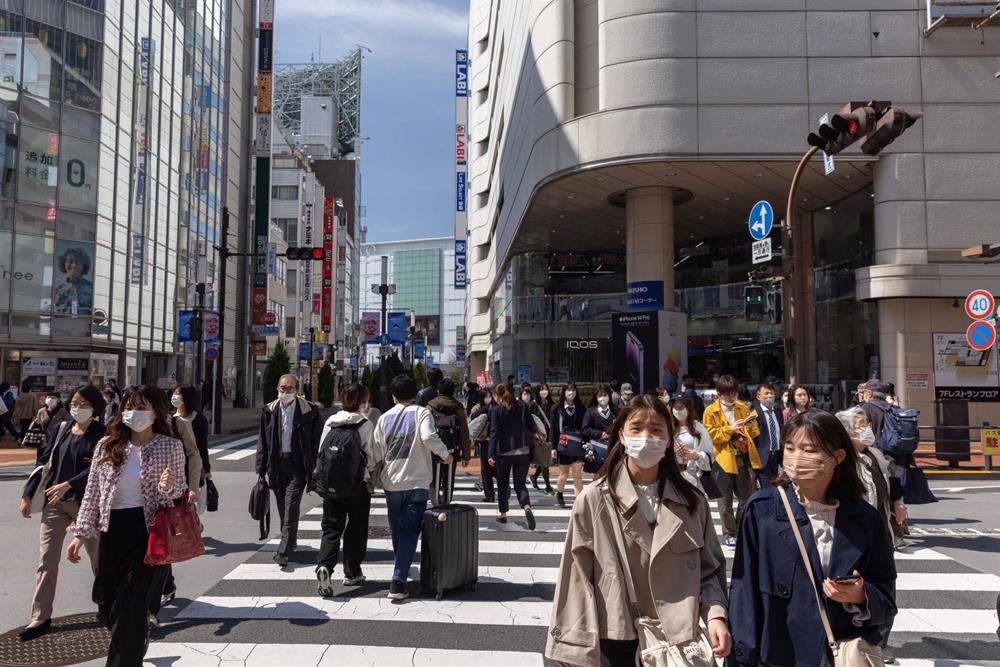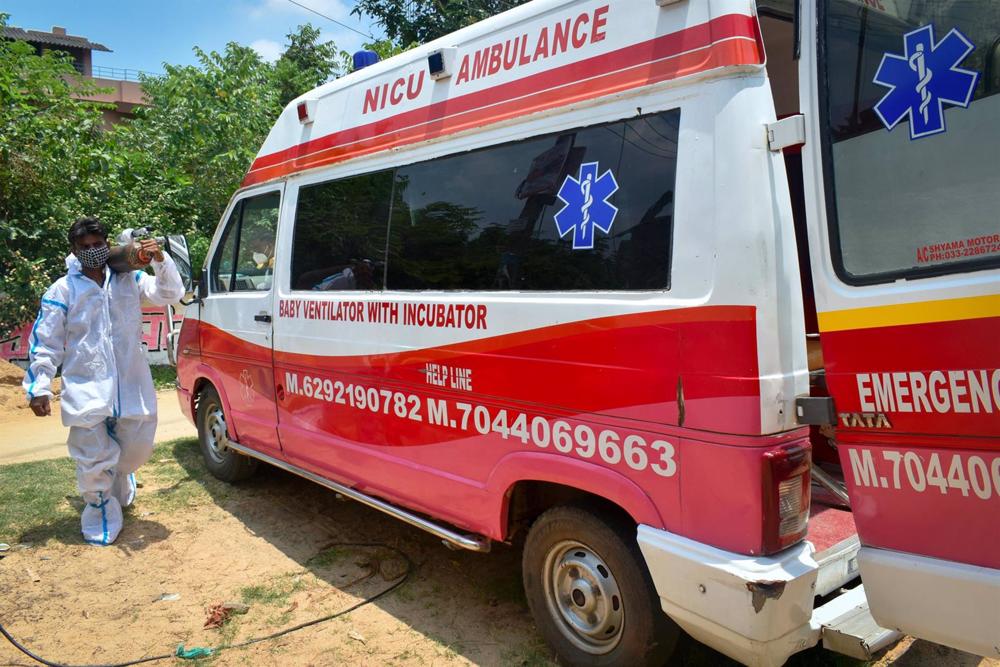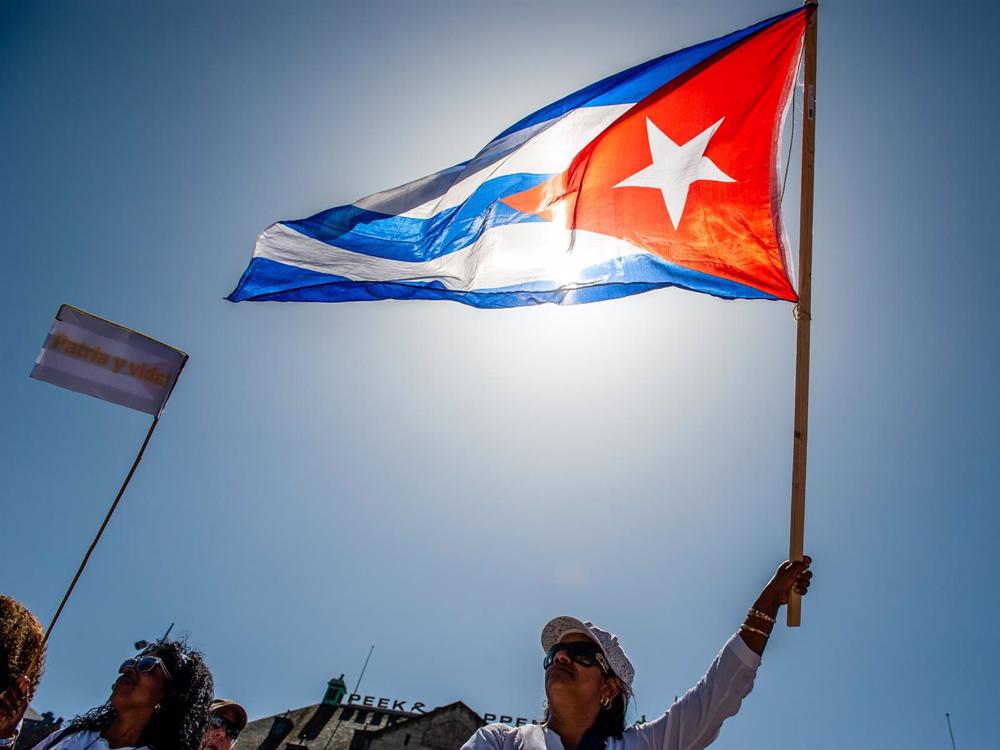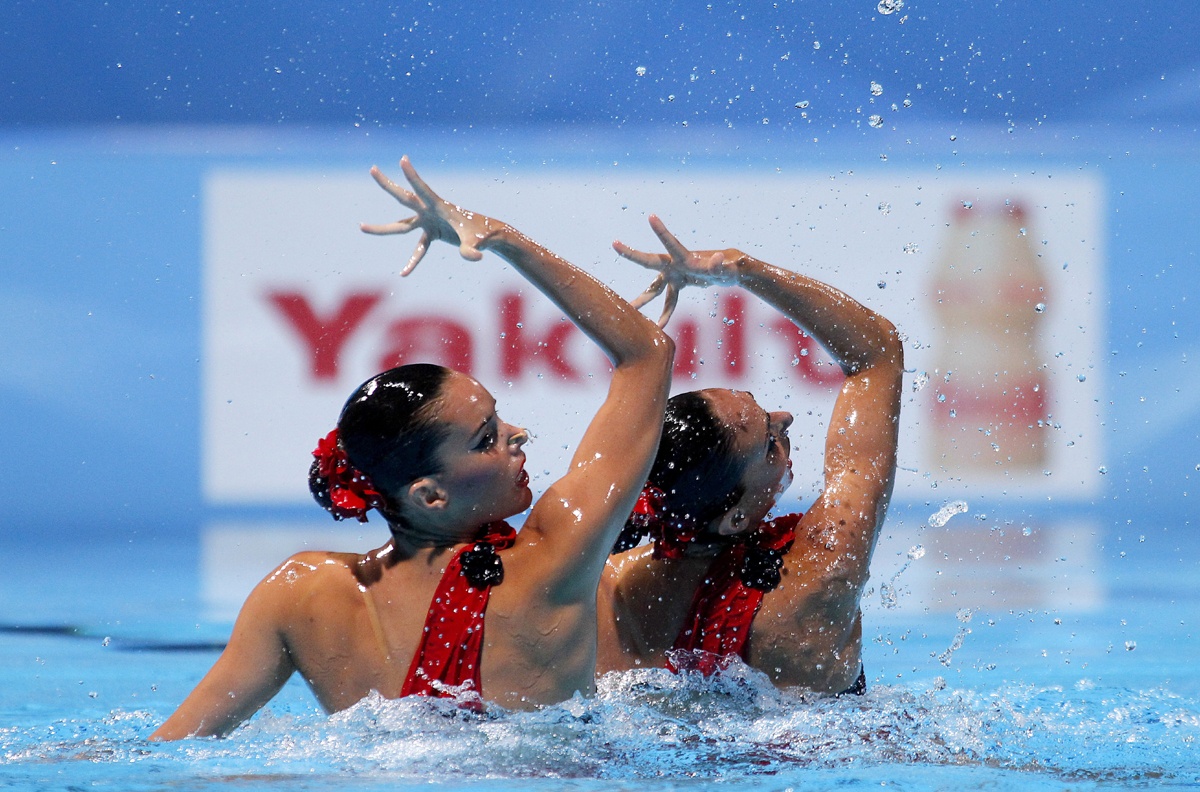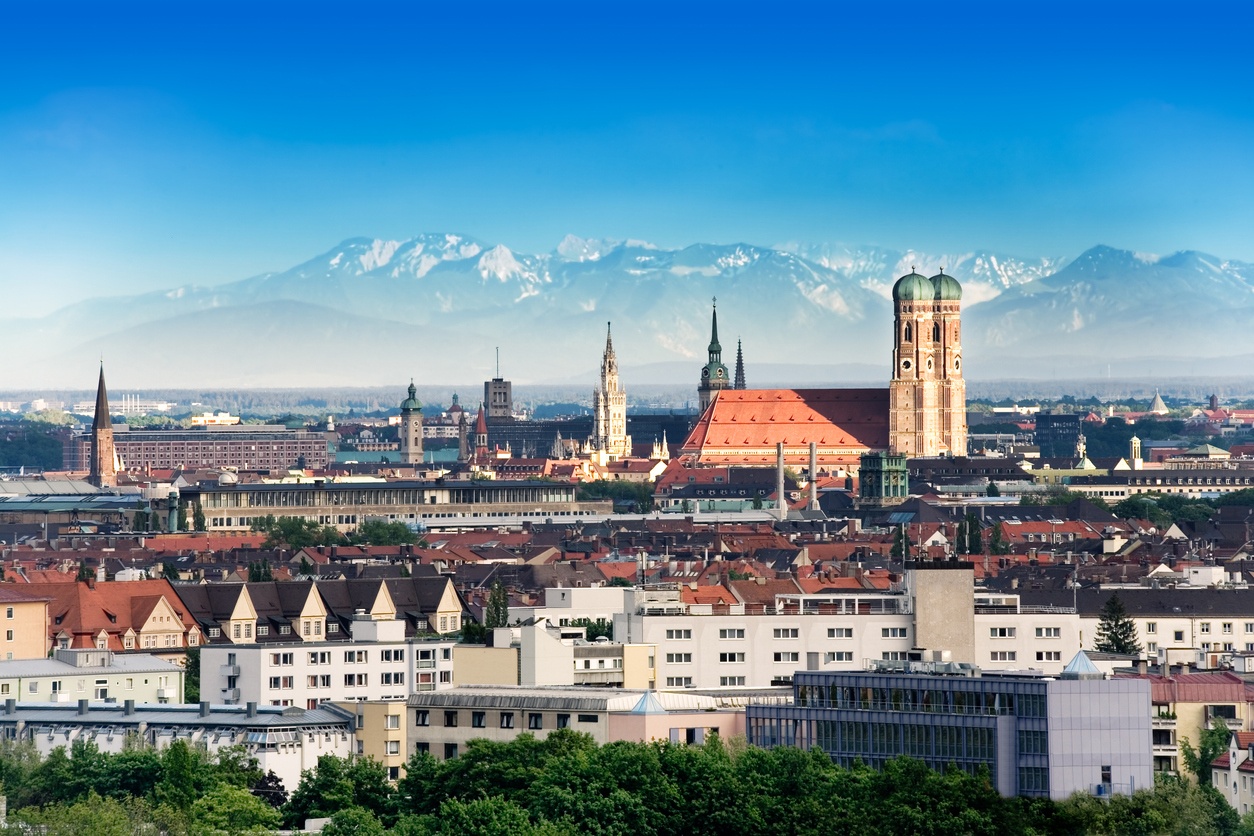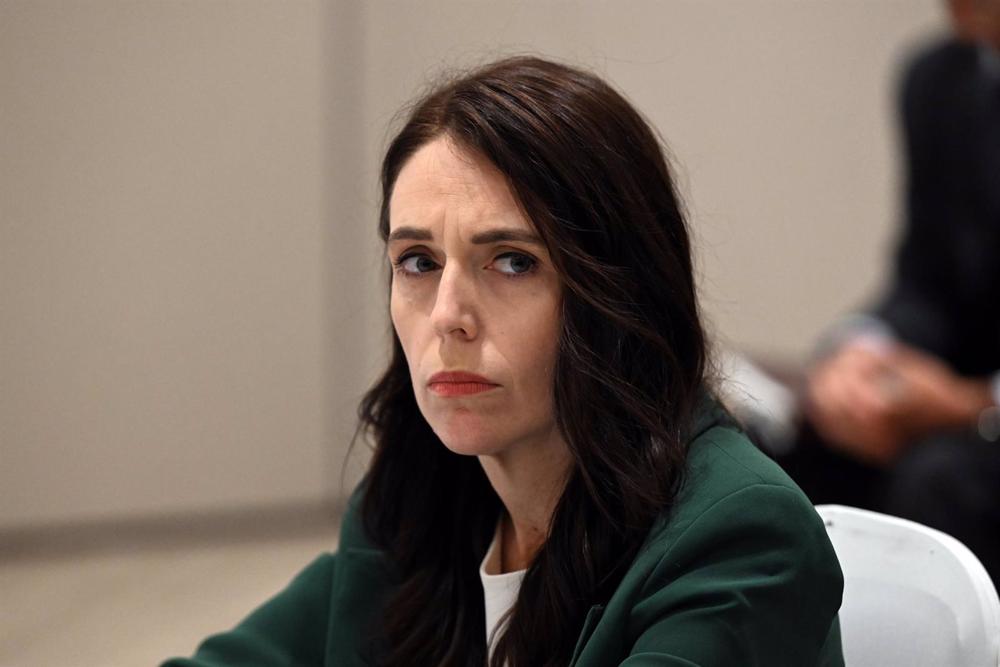
The New Zealand government on Monday announced travel bans against members of Iran’s security forces linked to the death in custody of Mahsa Amini, who was arrested for allegedly wearing the veil incorrectly, and the crackdown on protests that erupted after the incident, which have been ongoing for nearly three months and have left hundreds dead.
Among the 22 sanctioned are the commander of the Iranian Revolutionary Guard, Hosein Salami; the commander of the Basij force, Gholamreza Soleimani; the commander of the Police, Hosein Ashtari; and the head of the ‘morality police’, Mohamed Rostami, according to a statement published by the New Zealand Foreign Ministry on its website.
«What happened to Mahsa Amini is inexcusable. New Zealand remains on the side of the people of Iran, especially women and girls,» said New Zealand Prime Minister Jacinda Ardern, who said that «New Zealand will always stand firmly for the right to peaceful protest and greater civil and political liberties and condemns the actions of the Iranian authorities in their brutal repression of protesters simply for calling for basic universal rights.»
He stressed that the New Zealand authorities «will continue to respond with international partners to condemn the violence, seek greater scrutiny of events in Iran, support an investigation by an independent external body and call on the authorities to de-escalate their response and commute all death sentences».
New Zealand Foreign Minister Nanaia Mahuta noted that «the travel bans send a message that we will not tolerate the denial of basic human rights and the violent repression of protests in Iran», before adding that the authorities «continue to explore other measures to send a clear signal that the repressive stance against its people leaves Iran outside globally accepted human rights values».
«New Zealand has already applied sanctions against Iranian individuals and companies under United Nations sanctions, involving asset freezes and export bans. Today we are going a step further to act against officials linked to the death of Mahsa Amini and the crackdown on the protests that followed,» he explained, before detailing that those affected include members of the ‘morality police’ and the Revolutionary Guards.
Mahuta also recalled that the country «supported efforts at the UN Human Rights Council» to push forward a resolution calling for the creation of a fact-finding mission on human rights violations in Iran, before pointing out that «in addition to multilateral efforts, direct measures have been taken to redesign the relationship with Iran, including the indefinite suspension of the Human Rights Dialogue and asking New Zealand travelers in Iran to leave the country».
«We have also supported international initiatives to respect media freedom and condemn internet blockades in Iran. These travel bans are not the end of our sanctions. Additional individuals and new measures are being considered,» the New Zealand Foreign Affairs Minister concluded.
Iran’s Revolutionary Guard recently confirmed that more than 300 people have died since the start of the protests, in what was the first official toll since the start of the protests following the death of Amini, a member of Iran’s Kurdish minority. The figure is lower than that provided by NGOs, which point to more than 400 deaths due to repression by the security forces.
